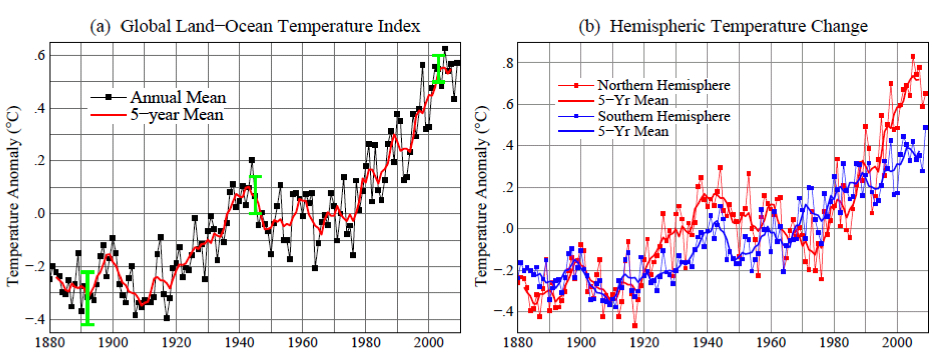Guest commentary from Ben Santer
Part 2 of a series discussing the recent Guardian articles
A recent story by Fred Pearce in the February 9th online edition of the Guardian (“Victory for openness as IPCC climate scientist opens up lab doors”) covers some of the more publicized aspects of the last 14 years of my scientific career. I am glad that Mr. Pearce’s account illuminates some of the non-scientific difficulties I have faced. However, his account also repeats unfounded allegations that I engaged in dubious professional conduct. In a number of instances, Mr Pearce provides links to these allegations, but does not provide a balanced account of the rebuttals to them. Nor does he give links to locations where these rebuttals can be found. I am taking this opportunity to correct Mr. Pearce’s omissions, to reply to the key allegations, and to supply links to more detailed responses.
[Read more…] about Close Encounters of the Absurd Kind
